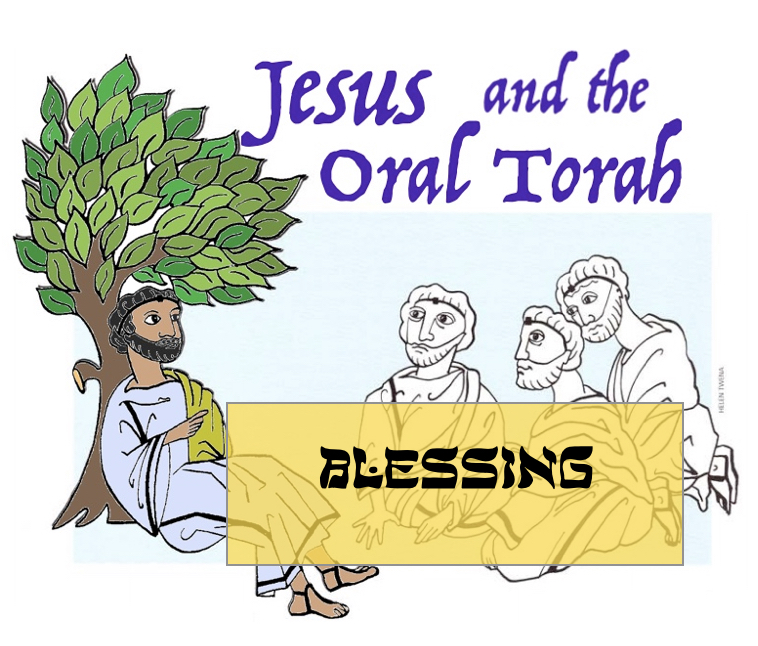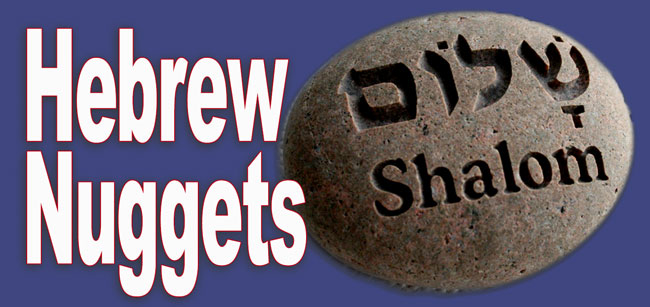To access this post, you must purchase JP Premium Membership, Jesus and the Oral Torah access or Friend of JP.
Jesus’ Use of “Amen”: Introduction or Response?
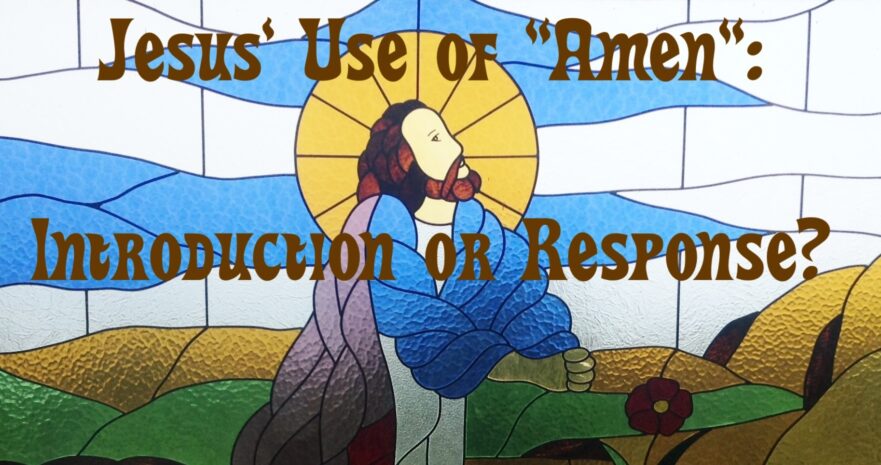
It is not surprising to find the word “amen” attributed to Jesus in the Gospels. What is unusual is to find “amen” used as the beginning of a statement rather than as a response.
Discovering the Hebrew Undertext of the Synoptic Gospels
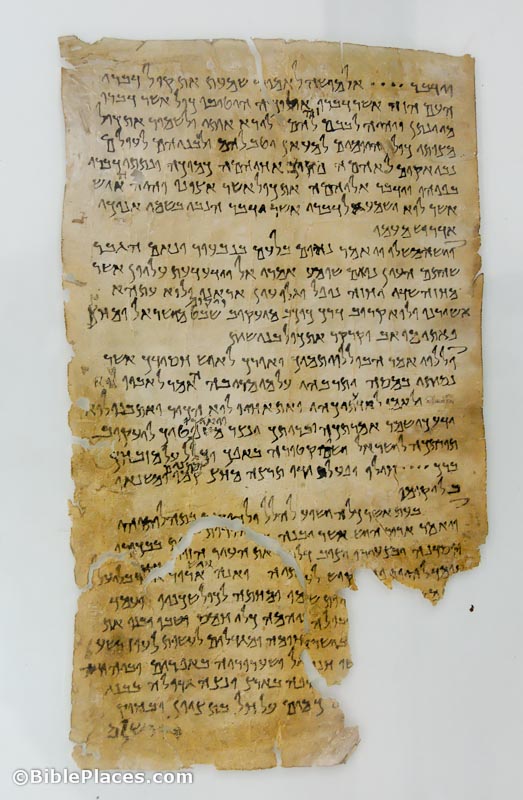
One may contend that there existed a basic text of Jesus’ life story written in Hebrew. One arrives at this assumption not merely on the basis of the church fathers’ writings, but because the Greek texts of the synoptic gospels show so much evidence of being “translation Greek,” that is, Greek that contains Hebrew idioms and sentence structures.
“Prophet” as a Messianic Title

There can be little doubt that Jesus viewed himself as a prophet, and that many of his contemporaries concurred.
Jesus in Judea

Robert Lindsey believed that there is sufficient evidence in Matthew, Mark and Luke to support the existence of Jesus’ Judean ministry.
Semitic Background to the Nain Story

The short account of the resurrection of the widow’s son in Nain has a very Semitic feeling. If the Nain story was written originally in Greek, it is a very semitically flavored Greek. Several linguistic features of this story suggest that it may have been written originally in Hebrew.
Has a Gospel in Hebrew Been Found?
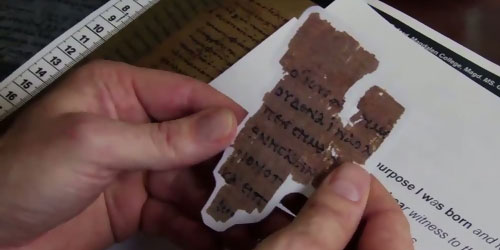
From time to time, one hears reports of the discovery of a portion of the New Testament written in Hebrew or Aramaic. To date, such reports have proven false. There is not a single extant Hebrew-language or Aramaic-language manuscript from the early Christian era of any of the New Testament books.
Was Jesus a Confirmed Bachelor?

Jesus still relatively young when he was crucified. His death may have come before he had a chance to marry.

